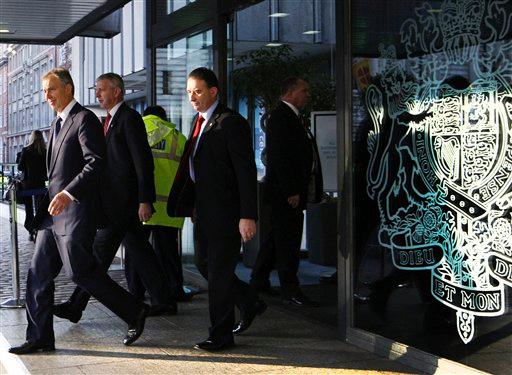LONDON (AP) — An Iraqi man whose testimony the United States used as a key evidence to build a case for war in Iraq says he is proud that he lied about his country developing mobile biological warfare labs.
The Guardian newspaper published an interview Wednesday with Rafid Ahmed Alwan al-Janabi, who has been identified as the informer called “Curveball,” whose claims about weapon labs formed part of then-U.S. Secretary of State Colin Powell’s speech to the U.N. Security Council in 2003, shortly before the war began.
The Guardian quoted al-Janabi as saying: “I had the chance to fabricate something to topple the regime. I and my sons are proud of that.”
Although some intelligence agents were skeptical of Curveball’s story, the U.S. Senate Intelligence Committee reported in 2004 that the Central Intelligence Agency “withheld important information about Curveball’s reliability” from analysts dealing with the case.
The Guardian interviewed al-Janabi in Karlsruhe, Germany in a mixture of Arabic and German. The U.S. Senate panel’s report said Curveball spoke in English and Arabic when he was interrogated by intelligence officers.
Asked about his feeling’s about the deaths and destruction during the war and in the years following, The Guardian said al-Janabi said there was no other way.
“I tell you something when I hear anybody not just in Iraq but in any war (is) killed, I am very sad. But give me another solution. Can you give me another solution?” the newspaper quoted him as saying.
“Saddam did not (allow) freedom in our land,” the Iraqi said. “There are no other political parties. You have to believe what Saddam says, and do what Saddam wants. And I don’t accept that. I have to do something for my country. So I did this and I am satisfied, because there is no dictator in Iraq any more.”






